Georgia’s Division of Family and Children Services’ Promoting Safe and Stable Families program requires that all “service plans must include evidence-based programs, practices, and/or strategies proven effective in meeting the needs of children and their families.” The evidence-based requirement in the requests for proposal (Form 3) includes the following components: a description of the evidence-based model, practice, or strategies for service delivery; the evidence-based rating from the California Evidence-Based Clearinghouse for Child Welfare (CEBC) or comparable rating from a relevant clearinghouse; a description of how the evidence-based model, practice, or strategy will be effective in meeting the grant’s objectives; and a description of how the model will be implemented.
In 2020, the Georgia Department of Education both prioritized and defined evidence through their Literacy for Learning, Living, and Leading in Georgia (L4GA) program. In line with the Every Student Succeeds Act (ESSA) that defines different tiers of evidence, the L4GA provides multiple examples of evidence-based interventions as well as several clearinghouses applicants can utilize to design their programs. Some of these interventions/clearinghouses include the US Department of Education’s What Works Clearinghouse (WWC), Blueprints for Healthy Youth Development (Blueprints), The Laura and John Arnold Foundation’s Social Programs that Work (Social Programs that Work), dialogic reading (moderate evidence), peer-assisted learning (strong evidence), small-group reading interventions (strong evidence), and explicit comprehension/vocabulary instruction (strong evidence). Additionally, up to 25 points (out of 200 points) are allocated in line with the usage of EBPs, and “only sub-grants with well-articulated goals grounded in evidence-based practices” are considered.
